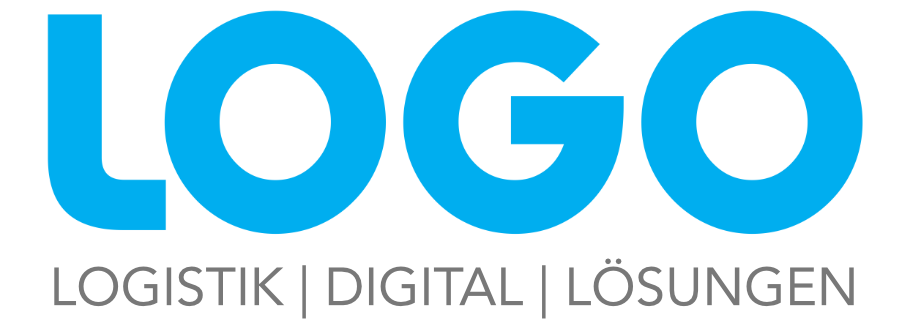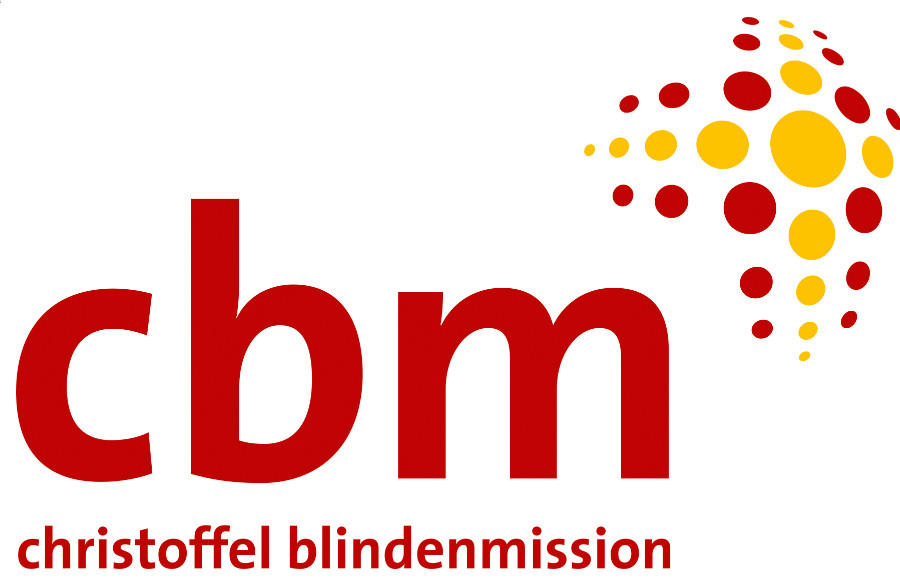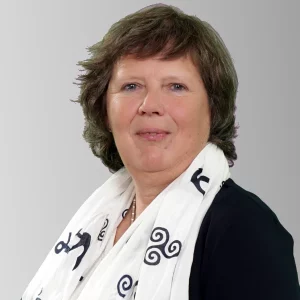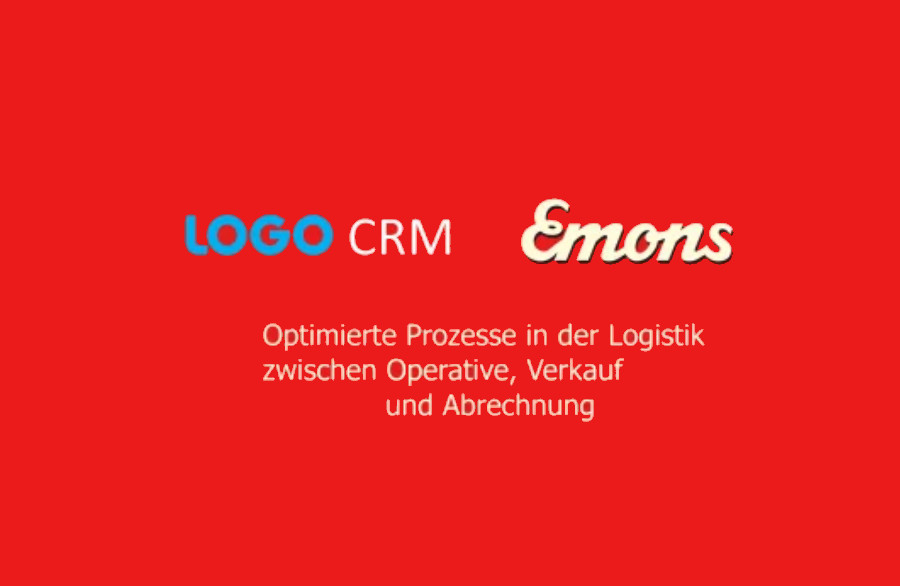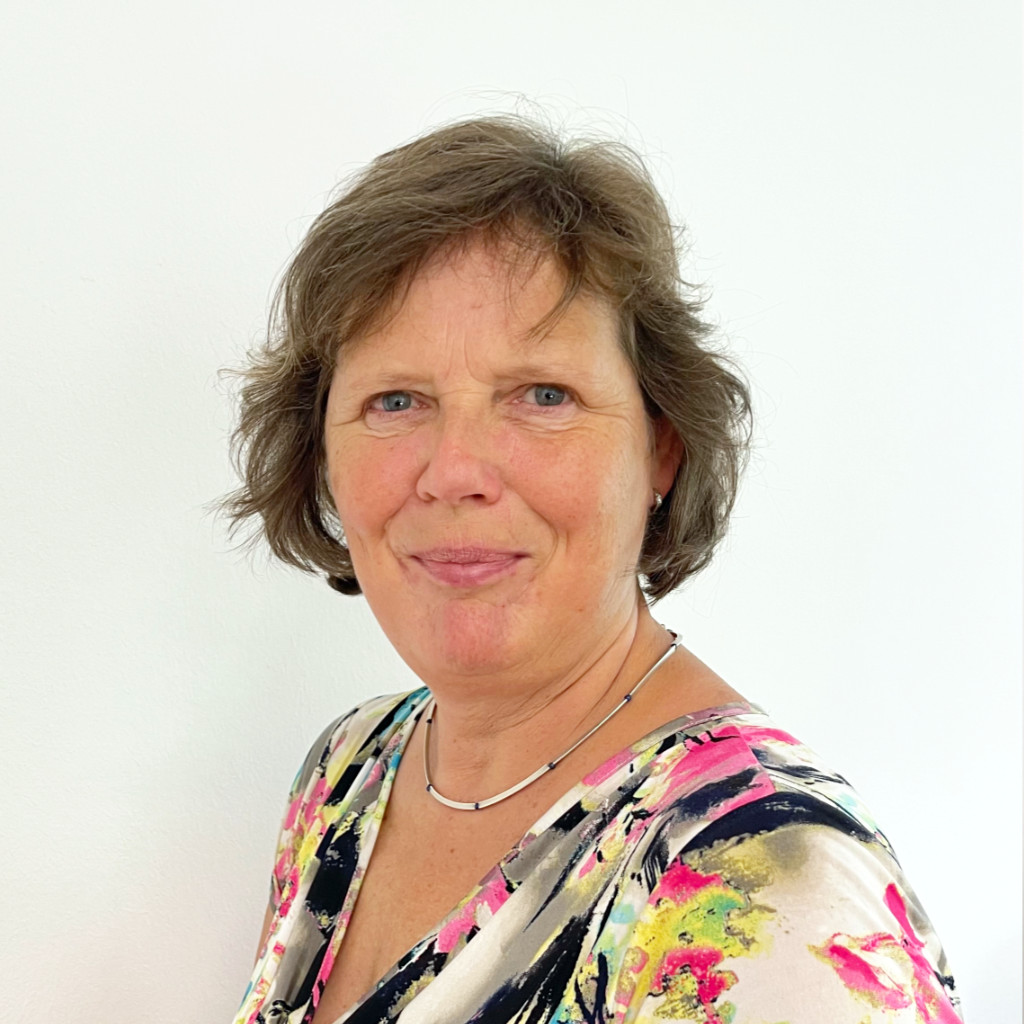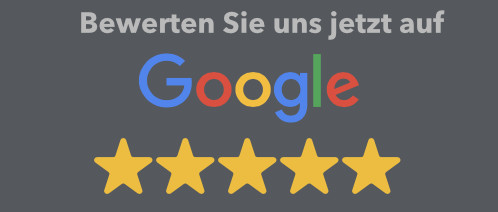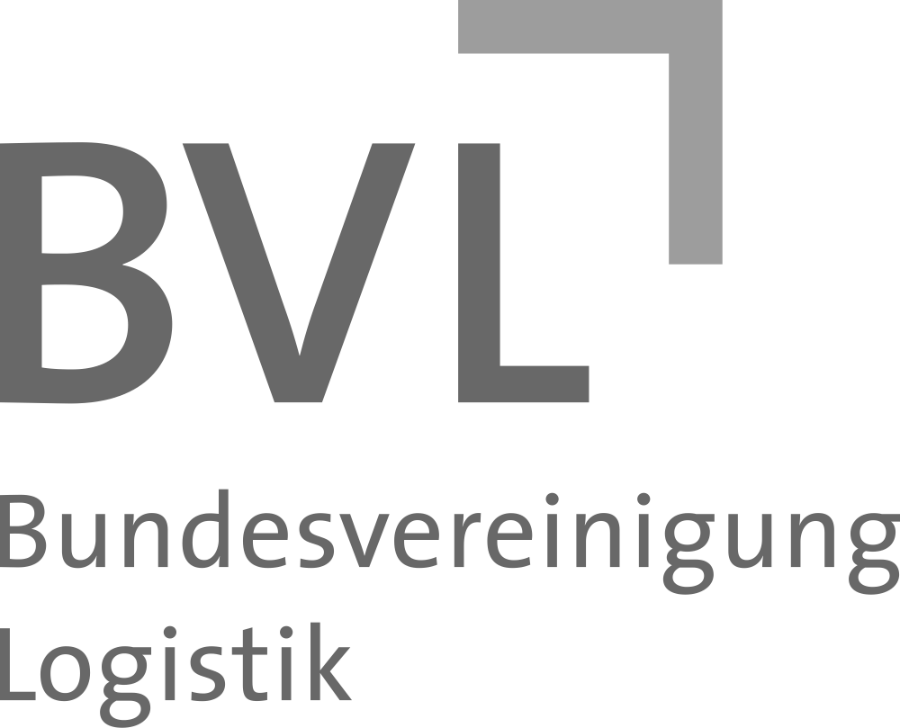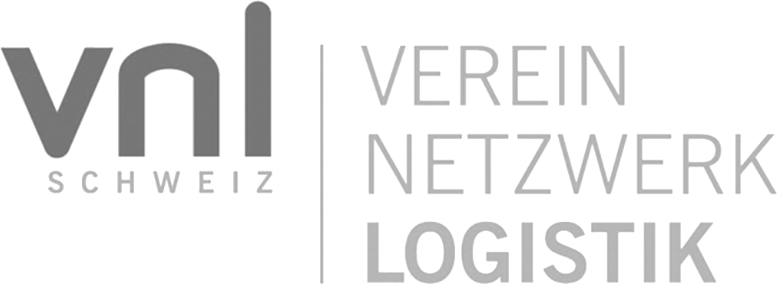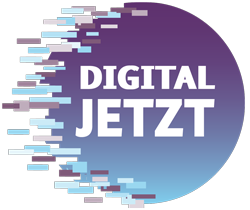The Christoffel Mission for the Blind (CBM) is an international development organisation for people with disabilities. It is named after Ernst Jakob Christoffel, who travelled to the Orient in 1908 to help blind and otherwise disabled people. CBM’s goal is to break the cycle of poverty and disability in developing countries and to create a better quality of life and equal opportunities for people with disabilities.
No person should be blind or suffer from their disability if we can help it. For more than 100 years, this has been the credo of the Christoffel-Mission for the Blind (CBM). The aid organisation fights in projects all over the world to bring about a fundamental and lasting change for the better in the lives of people with eye diseases and other disabilities. We want to break the cycle of poverty and disability in the poorest regions of the world – that is what we are working for together with our supporters!
Mission of the CBM
The CBM fights on the basis of Christian values in the poorest regions of the world to improve the quality of life of people who have a disability. And it works to prevent disabilities. In Germany, the CBM Supporters for this goal.
Basic values
The basis for the actions of the CBM form their basic values. They define their organisational and working culture. The values should determine thinking, acting and decisions:
- Christian: We are convinced that our mandate can only be achieved by trusting in God’s assistance.
- International: As an international, globally active organisation, we want to make the best possible use of our human and financial resources.
- Professional: We strive for quality in everything we do.
- Integrity: We are good stewards of the resources entrusted to us.
- Communication: We communicate honestly and respectfully.
- Inclusion:We are committed to ensuring that people with disabilities have full participation in society.
To achieve its vision and fulfil its mission, the CBM in Asia, Africa and Latin America with local partners. These provide preventive, medical, rehabilitative and educational services of high quality – in 51 countries in 540 projects.
Fields of activity
- Preventing and curing blindness: Blind and visually impaired people receive help.
- Preventing deafness and helping hearing-impaired people
- Rehabilitation of physically disabled people and provision of assistive devices
- Support for people with intellectual disabilities
- Emergency aid in disaster situations and long-term reconstruction with a special focus on people with disabilities
- Advocacy work in Germany to sensitise politicians and the population to the concerns of people with disabilities
